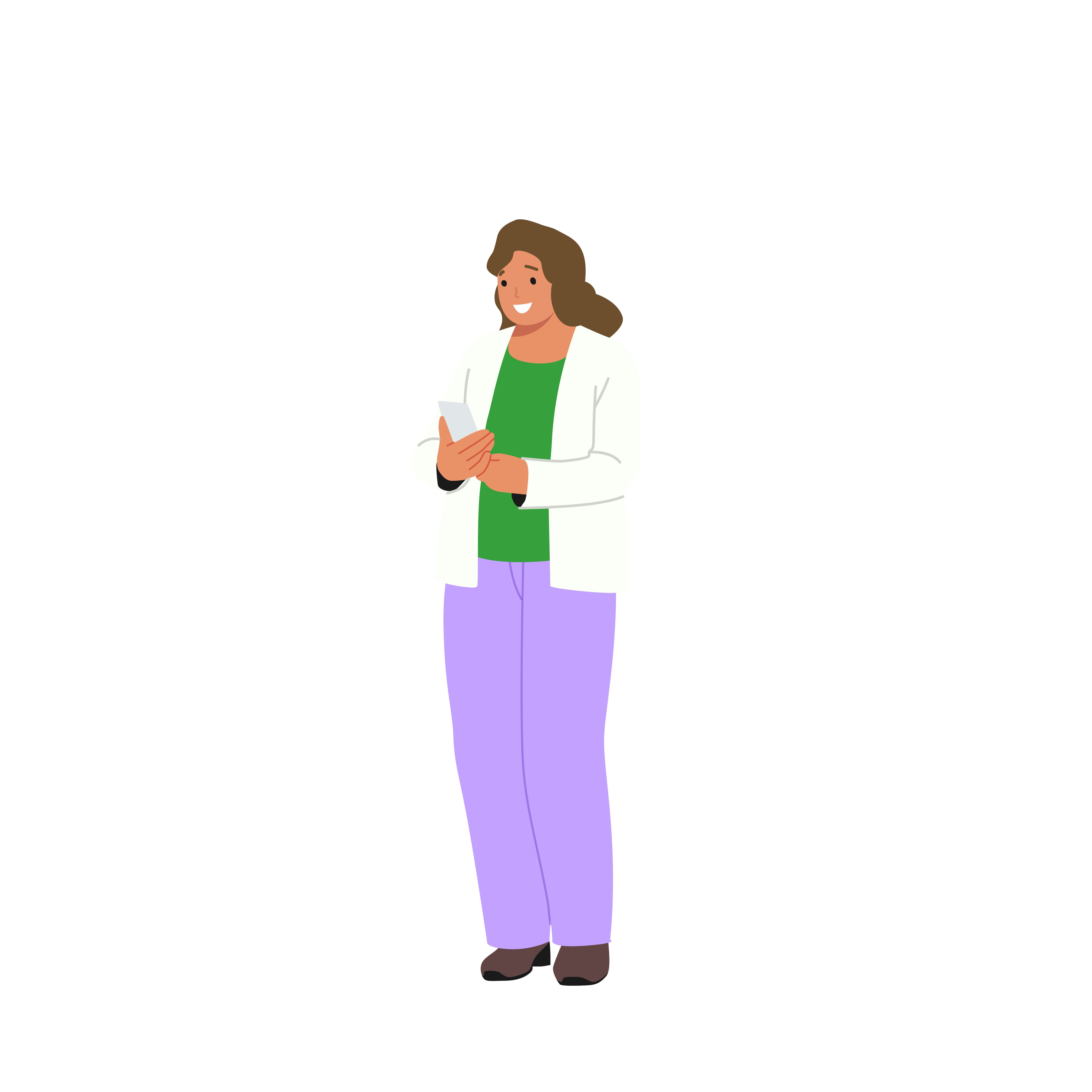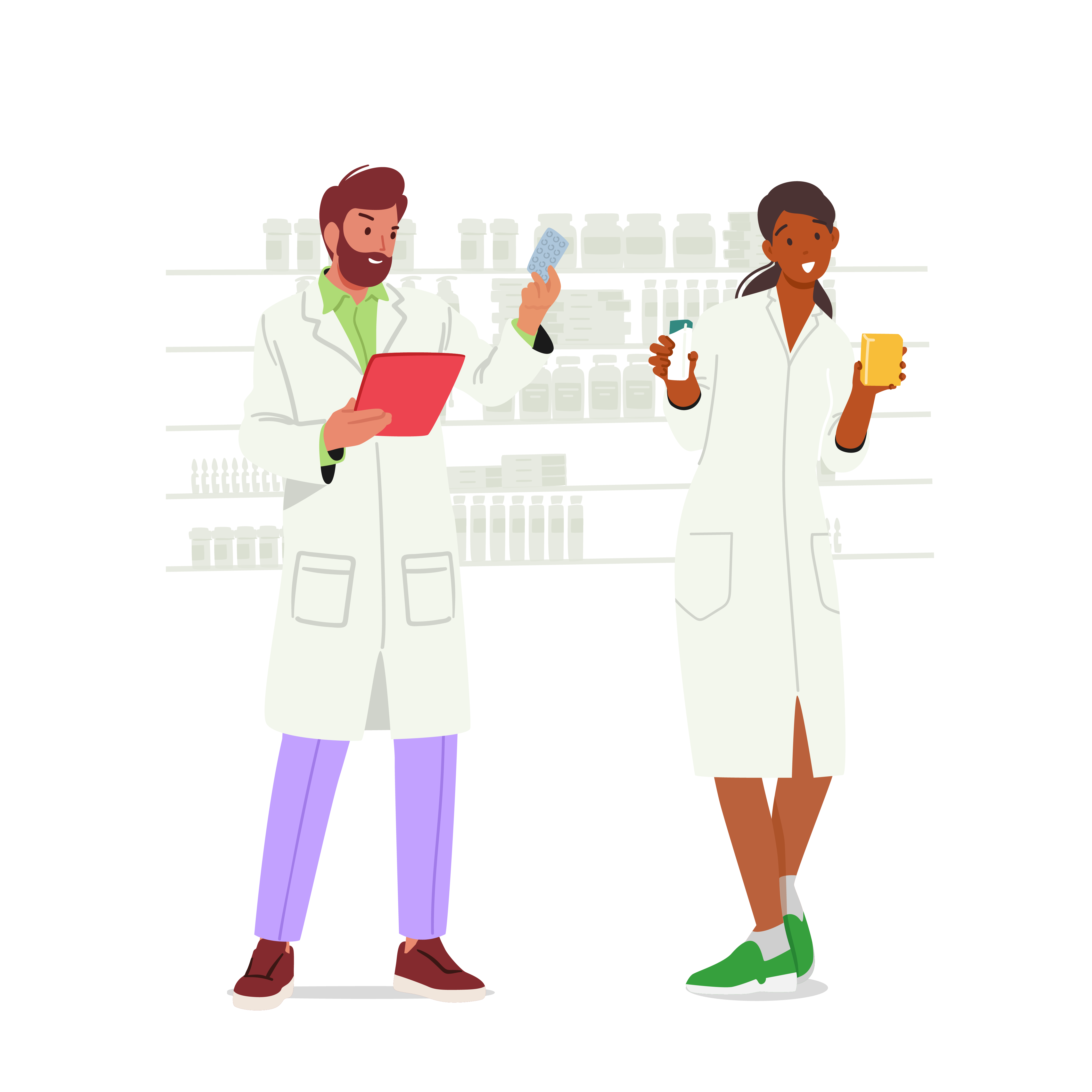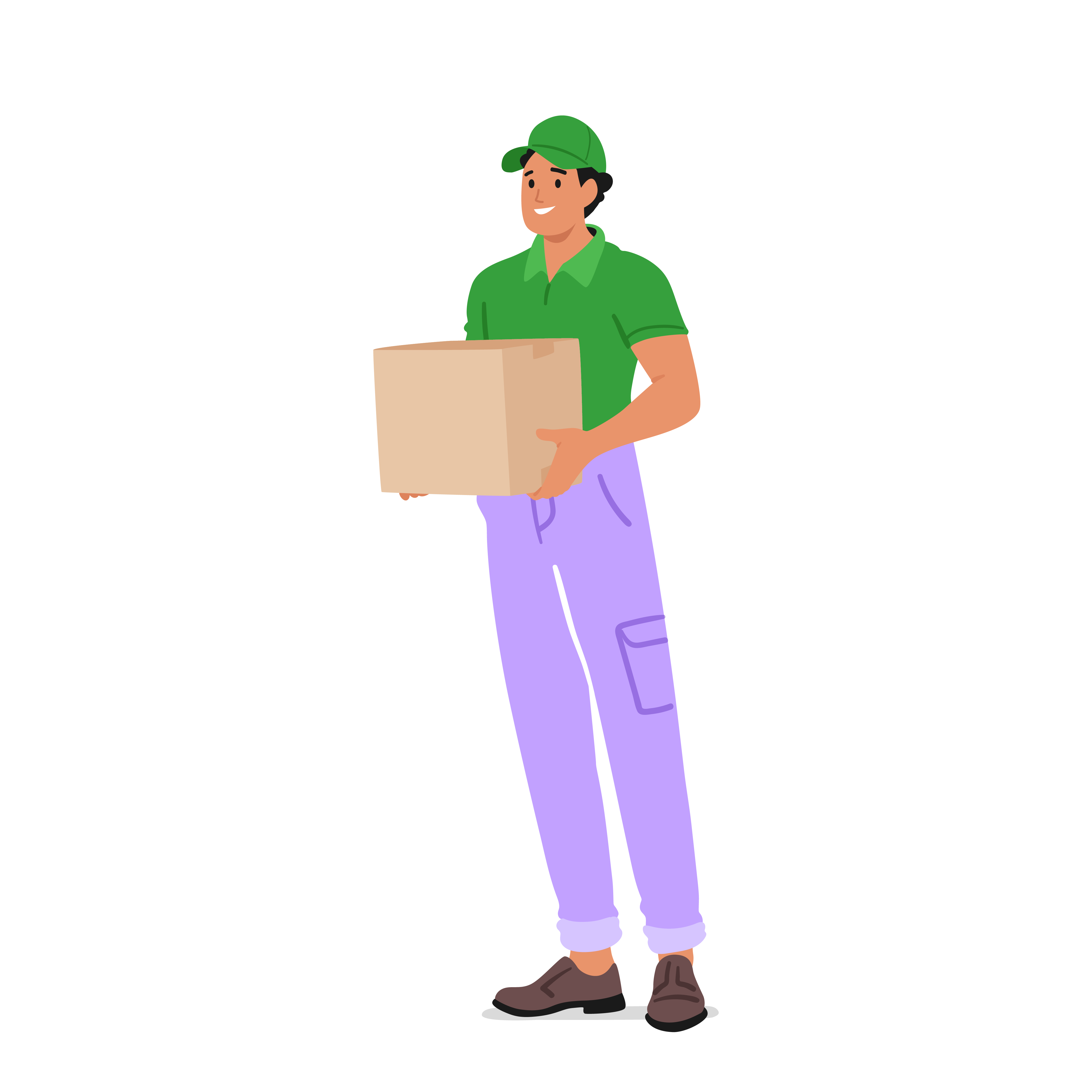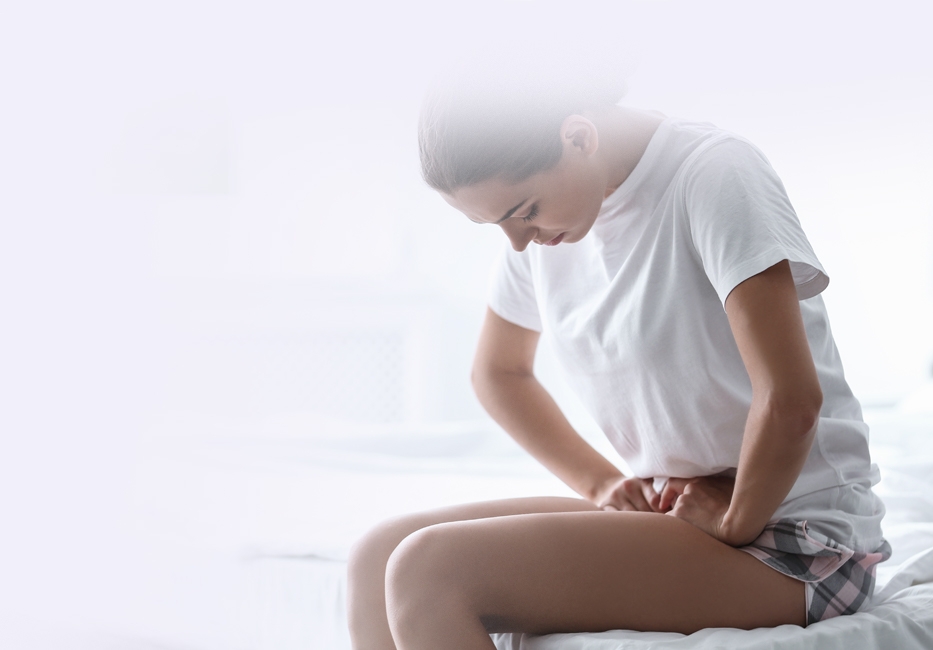- Home
- Women’s Health
- Thrush Treatment
Thrush Treatment
Thrush is a common vaginal yeast infection caused by an overgrowth of Candida. It can lead to itching, irritation, swelling, and unusual discharge. While not harmful, it can be uncomfortable.
PharmXtra offers fast, effective treatments to relieve symptoms and clear the infection, available through a secure online consultation with discreet delivery.
More Information
What is thrush?
Thrush, also known as candidiasis, is a fungal infection caused by Candida species, typically Candida albicans. It can affect various parts of the body, including the mouth (oral thrush) and the genital area (vaginal or penile thrush). Common symptoms include white patches in the mouth, redness, soreness, and a burning sensation.
Can you cure thrush?
Yes, thrush can be effectively treated and cured with antifungal medications. The treatment aims to eliminate the fungal infection and alleviate symptoms. It is essential to follow the prescribed treatment regimen and address any underlying conditions that may contribute to recurrent infections.
Are there any natural ways to treat thrush?
There are natural methods that may help manage thrush, such as maintaining good oral and genital hygiene, eating a balanced diet, and reducing sugar intake. Some people find relief using probiotics or natural antifungals like tea tree oil and coconut oil. It is important to note that you should always consult with your doctor to ensure that natural treatments are safe and suitable for your condition.
What is thrush treatment?
Thrush treatment involves the use of antifungal medications to eliminate the infection. These can include topical creams, oral tablets, or lozenges, depending on the location and severity of the infection. Treatment aims to relieve symptoms and prevent recurrence by addressing underlying factors.
What forms do thrush treatment come in?
Thrush treatments come in various forms, including topical creams, ointments, oral tablets, and lozenges. Topical treatments are applied directly to the affected area, while oral treatments are taken by mouth to treat the infection systemically. The choice of treatment form depends on the type and severity of the thrush infection.
Do you need a prescription for thrush medications?
Some thrush medications are available over the counter, but others may require a prescription, especially for more severe or persistent cases. You should always consult with your doctor or healthcare provider for advice on whether a medication is suitable for you. Please note that at EU Meds, all requests for the supply of prescription medications are subject to an online clinical consultation and the decision to prescribe will be made by a doctor.
Medication delivered discreetly from EU pharmacies



Choose the right treatment
From the comfort of your own home or out on the go, choose the treatment you require from our extensive range.
Complete an online consultation
A vital part of our process, your online consultation will be similar questions to that of a GP. Quick and easy, we guarantee privacy and confidentiality.
Delivered discreetly
One of over 100 of our partner regulated EU pharmacies will dispense and ship the treatment to you.
Rated out of 5 on 
Been using them for over a year and can't fault them.
Brilliant and helpful service as always Quick delivery and helpful tracking
Flawless service. Sent me the medication I ordered, at the price advertised, delivered at a speed which exceeded my expectations.
Easy ordering, fast delivery
Rated 4.6 out of 5 based on 5111 reviews

Here to help you
Our Customer Service is available Monday to Friday 9am - 4pm. If you need urgent assistance, do not use this service. Call 111, or in an emergency call 999. Visit our help section



